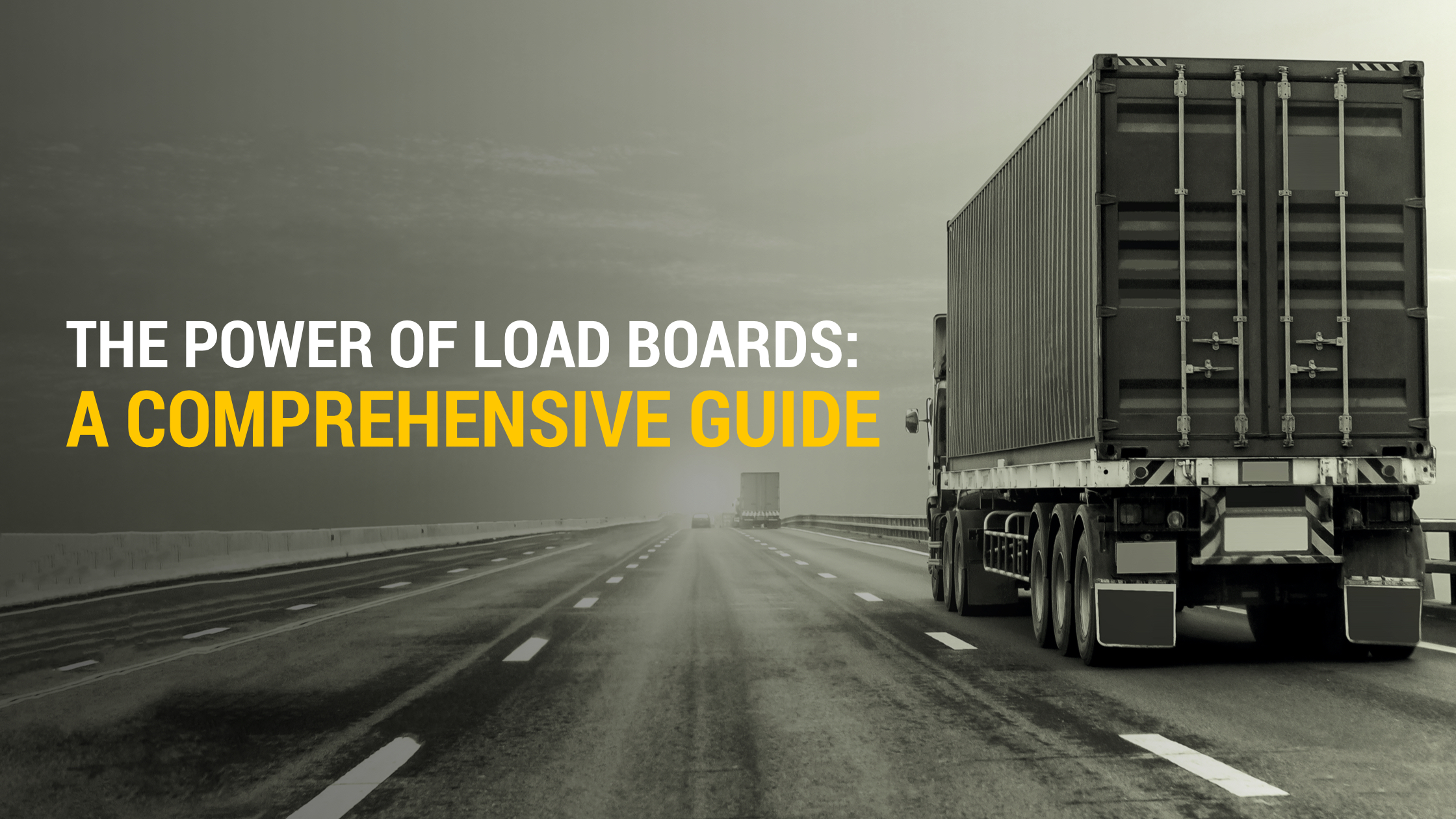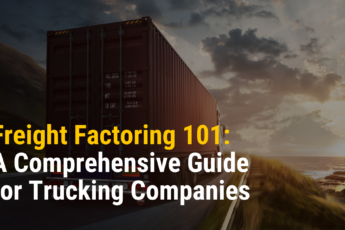Load boards help the trucking industry keep running, but what are load boards exactly? A load board is an online marketplace where shippers, freight brokers, and carriers can post and find loads. Different load boards have different features and formats, and many companies in the industry utilize several different load boards simultaneously.
In this article, you’ll learn the benefits of load boards and how shippers, brokers, and carriers can use them to help their businesses thrive.
4 Benefits of Using Load Boards
1. Brokers and Shippers Find Needed Capacity, Carriers Find Loads
Load boards serve a purpose for each type of company in the transportation industry. Brokers and shippers can post their loads and receive quotes or even digital bookings, helping them gain access to trucking capacity they may not have otherwise had. Carriers can search for loads that work for them and connect with shippers and brokers to find future opportunities.
2. Load Boards Help Start Relationships
Relationships are the backbone of the freight industry, and load boards are a great way to start building new relationships. They bring shippers and brokers together with carrier overloads, starting a new relationship that could potentially become a mutually beneficial business partnership.
3. Load Boards Help Save Money and Earn More
When brokers and shippers can get their loads in front of a wide array of carriers, they’re likely to get competitive quotes that will save them money. Carriers can use load boards to keep equipment moving, so they’re able to earn more. Many load boards also include tools like fuel cost calculators and vetting tools to help carriers choose loads that will pay off for them.
4. Load Boards Save Time
Load boards can save everyone involved a significant amount of time. Shippers and brokers can post loads and let carriers come to them, saving time and money on carrier outreach efforts. Carriers can search for loads that meet their specific needs and even get multiple trucks booked at the same time. For example, carriers can search a specific lane to find a load to get them to their next load with very few empty or deadhead miles.
How to Use a Load Board
Load boards are generally very simple to use, and though each load board has a slightly different procedure, the general idea is the same for the most part. Once a carrier has registered and logged in to the load board, carriers can post their available trucks and search for loads based on the types of loads they want to haul. Shippers and brokers can begin posting loads and searching for available trucks.
Common Load Board Features
Every load board has its own set of features on offer, but there are some common features you can expect to find on the most popular load boards. Some of those features include:
- Integrations with TMS software for automated posting
- Advanced search options to help carriers narrow down their load search
- Pricing tools to help brokers, shippers, and carriers negotiate fair rates
- Load planning tools to help carriers reduce empty and deadhead miles
- Weather and traffic updates
- Integrations with freight factoring platforms like Express Freight Finance speed up the payment process.
Using Load Boards to Help Your Business Succeed
Load boards can help all kinds of freight businesses thrive if they’re used appropriately. Here are some tips to ensure success.
Bid smart. Negotiating can be tricky, but it’s an important part of working in the freight industry. Understand the market conditions, fuel prices, and other key data before bidding on a load to ensure a profitable load, and remember that it’s okay and even expected to leave a little room for negotiation.
Communication is key. It’s never a good idea to assume load details if the details you need aren’t listed. Before a carrier bids on a load, it’s a good idea to make sure they have all the necessary details to ensure they’re making the money they’re expecting. Shippers and brokers can work to be upfront and provide all the necessary load details to cut down on questions.
Meet expectations to build relationships. Relationships in the freight industry lead to more volume, better rates, and less hassle. When a carrier does a good job delivering a load, brokers and shippers are likely to want to work with them again. When shippers and brokers offer great support and pay invoices promptly, carriers are likely to offer them capacity again.
In Conclusion
Load boards can be a great addition to the toolbox for any company in the freight industry, and when used properly, they have the potential to help save time and increase revenues.
Choosing and using load boards that meet your needs can help ensure success, and since they’re usually relatively inexpensive or free to utilize, they are definitely worth a shot to help grow a thriving trucking business.
Savvy carriers can use load boards to save time and money, especially if they gain access to a premium load board for free by becoming an Express Freight Finance customer.






